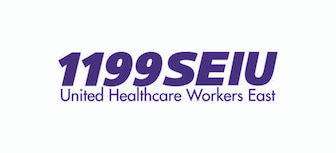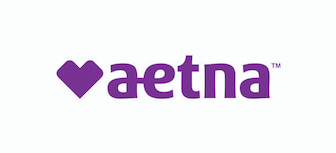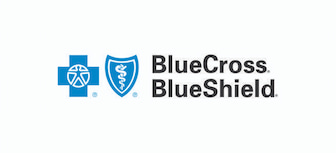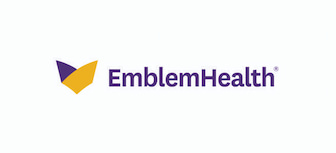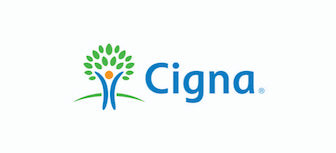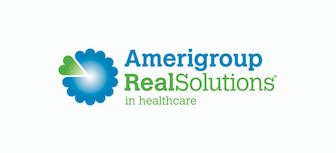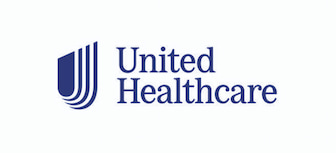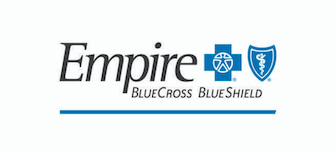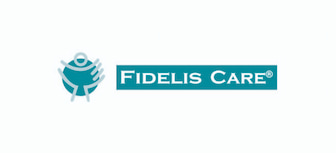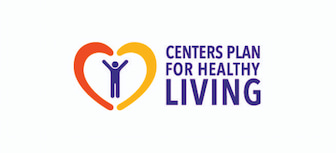Is It Difficult to Find a Brooklyn Dermatologist Who Takes Medicaid?
Brooklyn is a heavily populated area that provides an energetic urban lifestyle. It attracts a wealth of talented doctors. Within this large, diverse population, it’s not hard to find a dermatologist in Brooklyn who takes Medicaid. Since public transportation is readily available, it’s easy for those who live and work in Brooklyn to book an appointment with a doctor of their choice.
Reputable doctors have established a wide variety of specialty practices in Brooklyn, with some specializing in dermatology, urology and gynecology, to name a few. Millions of New Yorkers have comprehensive healthcare coverage through Medicaid, and they usually find a large network of doctors who accept their insurance.
What Dermatology Services Are Covered by Medicaid?
Medicaid is a public health insurance program available to people whose income or resources are below a certain level. For people insured through Medicaid, a wide range of medical services are covered. Dermatology services that are considered medically necessary are covered, but cosmetic procedures aren’t.
Examples of healthcare services covered when you see a Medicaid dermatologist in Brooklyn include:
- Office visits to an in-network physician
- Diagnostic tests
- Medical supplies
- Prescription medications
- Hospital stays
The amount of coverage you receive varies based on your age, your financial circumstances and your living situation. Depending on your coverage, you may need a referral from your primary care doctor when you book an appointment with a Brooklyn dermatologist who takes Medicaid, and you may have to pay a co-payment. Medical professionals can’t deny services if you show that you can’t afford to pay the co-payment.
What Conditions Are Treated by a Dermatologist in Brooklyn Who Takes Medicaid?
The field of dermatology includes the diagnosis and treatment of many different conditions that affect the skin, hair, nails and mucous membranes.
Some of the most common conditions treated by a Medicaid dermatologist in Brooklyn include:
- Acne. Breakouts of pimples, blackheads and whiteheads anywhere on the body may be acne. Mild cases of acne may respond to treatment with over-the-counter medication or medication prescribed by your primary care provider. Persistent acne may need the expertise of a dermatologist.
- Rosacea. Facial redness and swollen bumps may be rosacea, a condition that’s often confused with acne. It usually affects people over the age of 30 and is treated differently than acne.
- Psoriasis. This condition can develop in people of any age. Skin cells build up quickly causing itchy, scaly patches. It’s not contagious.
- Seborrheic dermatitis. This type of dermatitis can cause itchy, flaky patches on the scalp or face. If it doesn’t clear up from treatment with over-the-counter medication, a Brooklyn dermatologist can help.
- Eczema. Eczema is a common condition characterized by rashes and dry itchy skin that may lead to swelling. Symptoms may flare up if you’re exposed to allergens or environmental triggers.
- Warts. If a virus infects the top layer of skin, it can cause a wart, which is a noncancerous growth. There are several different kinds of warts, and they can be uncomfortable and sometimes painful.
- Fungal infections. Infections can also be caused by fungi, which can affect the body in multiple ways. Ringworm and athlete’s foot are examples of common fungal infections. Fungal infections can also affect the toenails or fingernails, causing thickening, discoloration and separation of the nail from the nailbed.
- Skin cancer. This type of cancer is common and usually treatable when caught early. Many different growths can develop on the skin that are non-cancerous. Your Brooklyn dermatologist is highly knowledgeable at recognizing skin cancer at an early stage and identifying similar noncancerous conditions.
When you book an appointment with a reputable dermatologist in Brooklyn who takes Medicaid, they can accurately diagnose hair, nail and skin problems. An expert in dermatology can diagnose some conditions just by looking at them, while others may require a biopsy or other diagnostic test.
What Kind of Procedures Can a Dermatologist Perform?
Treatment for dermatology-related conditions can vary widely. The best dermatologists in Brooklyn have specialized knowledge of the most effective approach to treatment of complex or rare conditions based on what’s causing your symptoms.
A conservative approach to treatment may be tried, but if medication alone isn’t effective, your dermatologist may do a procedure that includes:
- Cryotherapy. This procedure is done using an extremely cold substance such as liquid nitrogen to freeze and remove abnormal tissue such as warts, skin tags or pre-cancerous lesions.
- Laser surgery. Laser surgery is done by focusing light on a very small area. It can be used to remove moles, warts or skin areas that may turn into cancer.
- Excision surgery. Skin lesions can be removed with a scalpel during excision surgery to relieve symptoms or to prevent a recurring infection.
- Mohs surgery. This type of surgery is used to treat skin cancer by removing layers of cancerous tissue.
Ultraviolet light therapy, also called phototherapy, is another treatment that can be used to treat a variety of skin conditions, such as psoriasis, eczema and vitiligo. Treatment for skin cancer depends on the type of skin cancer and how advanced it is, but your treatment may include radiation, immunotherapy or chemotherapy. Your dermatologist always reviews your treatment options with you.
Many common skin conditions can be treated by your Brooklyn primary care doctor. If you have skin, hair or nail problems that are unusual or persistent, your doctor may recommend that you book an appointment with a Medicaid dermatologist in Brooklyn. Once you get the referral, make that appointment as soon as possible to prevent complications.


 My BestDoc
My BestDoc
 Future Appointments
Future Appointments
 Settings
Settings
 Sign out
Sign out
